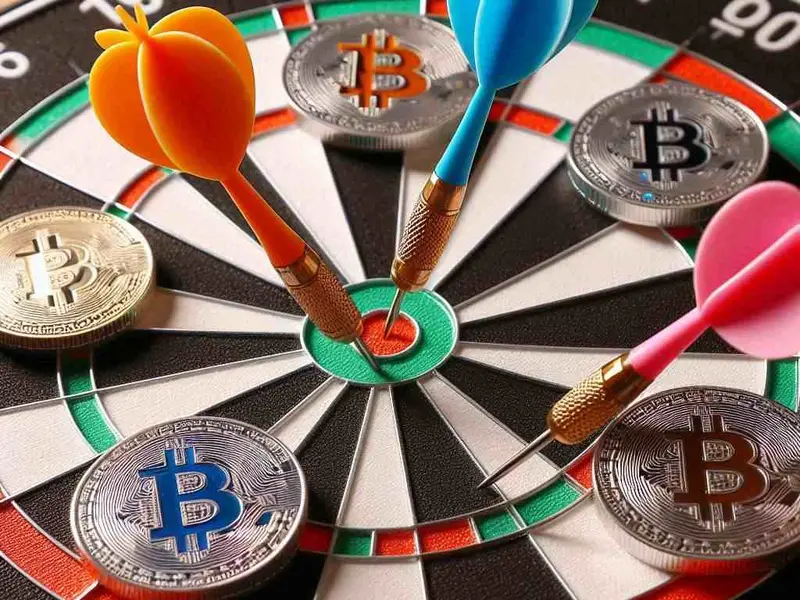Bitcoin Goals
Trader Oleg Kalmanovich Presented a Trading Strategy for Bitcoin
Oleg Kalmanovich, an analyst at Neomarkets and author of the GenerationFinance blog on TradingView, has presented a trading strategy for the first cryptocurrency.
The current situation in the digital asset market is increasingly reminiscent of early 2020, the year of the pandemic and active money printing. This money was necessary to support government institutions, businesses, and pay benefits — and it was printed in large and active quantities.
This eventually caused a significant rise in inflation, devaluing almost all the leading currencies in the world. Conversely, so-called "risky assets," which fully include coins and tokens of the cryptocurrency industry, followed an upward trend. The price of Bitcoin rose from $5,000 to $65,000 — more than 12 times.
This was preceded by a transition period between the high rates of 2017-2019 and the start of their active reduction during the pandemic. This period lasted about a year, from spring 2019 to spring 2020. Now, if we continue to draw parallels between these periods, we are in the phase of completing the "transition period," where the U.S. Federal Reserve (Fed) neither raises nor lowers the rate, staying "on pause."
The Western regulator has been in this mode since June last year. Three Fed meetings are scheduled for the summer, at each of which it could theoretically start a rate-cutting cycle. The lower the bank interest rate on the dollar, the more attention large capital begins to pay to "risks," which affects the strengthening of practically all representatives of the digital assets sphere.
However, it is important to look directly at the probability figures and dates for rate cuts. Currently, three meetings are scheduled for the summer: June 12 (probability of a rate increase is 0%, according to the CME Group portal), July 31 (probability: 14.3%), and September 18 (probability: 46.6%). So far, the highest chances for the first rate cut are in September, but it is worth understanding that the American central bank itself does not know exactly when it will start its new "dovish" monetary campaign.
At the moment, it is closely monitoring two indicators — the local labor market and inflation. For rates to start falling as quickly as possible, it is essential to get a "combination" of poor labor market reports and sustained declines in inflation.
The first "swallows" of a potential rate cut have already arrived — the U.S. labor market reported in a declining key on May 3 (since the beginning of the year, the figures had been better than forecast). On May 31, the PCE inflation figures (personal consumption expenditures) were published — they also recorded a decline in indicators. Now it will be crucial to look at the June nonfarm payroll numbers (labor market) — they are traditionally released on the first Friday of the month, and to listen to Jerome Powell's speech at the June 12 meeting.
He is unlikely to directly say that the Fed will definitely start lowering rates in July-September, but he may give hints, which is most important for the market. We recall the well-known postulate "buy on rumors, sell on facts." Therefore, this summer may not only bring warmth to the streets but also ensure good "harvests" in cryptocurrency, in particular, give the long-anticipated growth of Bitcoin to the still unconquered peak of $100,000.








